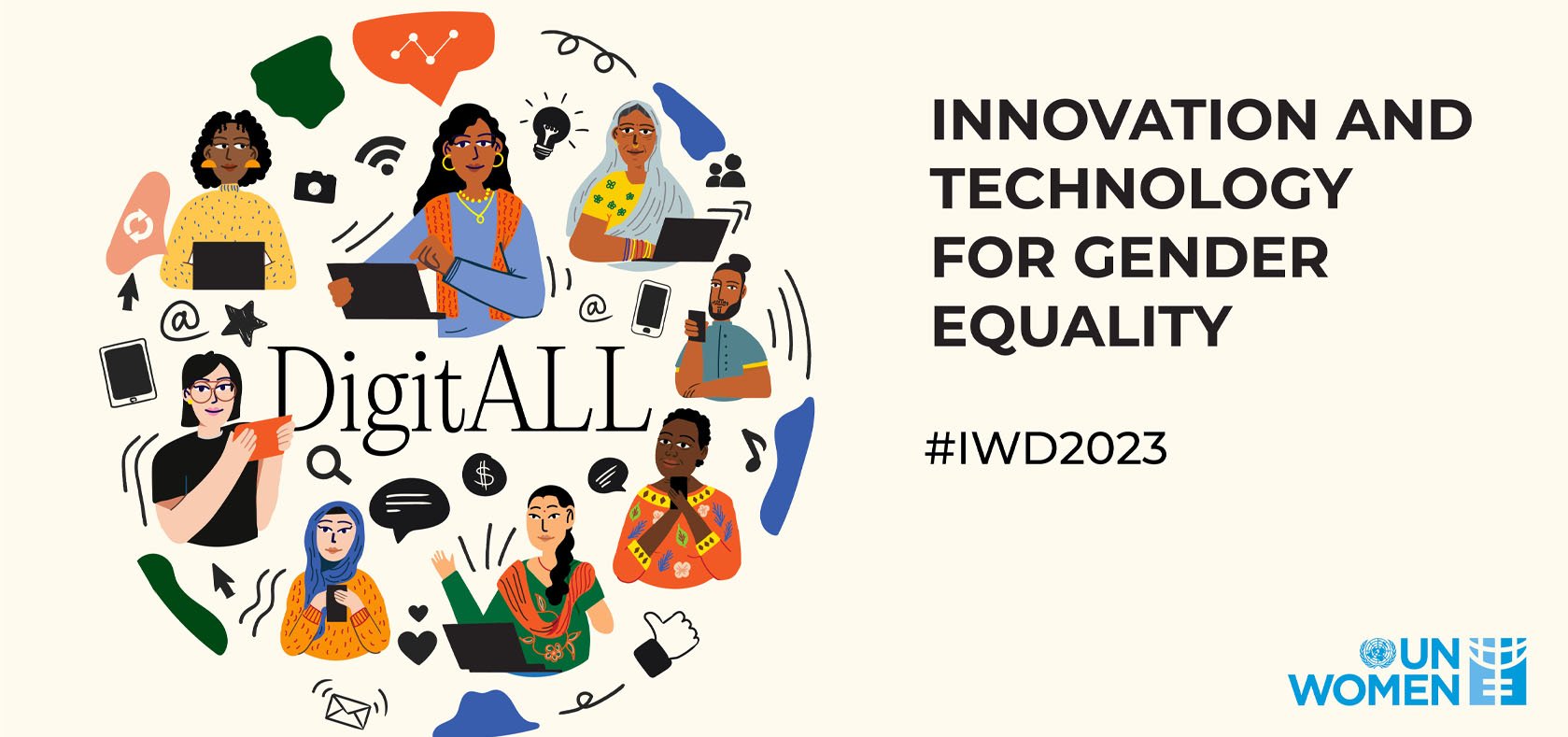DigitALL: How technology is empowering migrant domestic workers in Hong Kong
In the narrow alleyways and towering buildings of Hong Kong, there are countless women who are tirelessly cooking, cleaning, and caring for the families of the city’s busy residents.
Their gruelling work forms the backbone of the local economy, and many spend years abroad to make a better life for themselves and their families. Thankfully, technology can play a role in learning for life, planning for the future and staying connected to loved ones across borders.
Source: UN Women
As we celebrate International Women’s Day this year (March 8), with the theme “DigitALL: Innovation and technology for gender equality”, the transformative power of technology at the hands of the migrant domestic worker community; the ones who leave their families and countries behind in pursuit of better lives must be celebrated. They are not only strong and resilient women, but also economic actors who support their families and nations. ReAct spoke with some of the women from the migrant domestic worker community, who regularly attend EmpowerU courses to hear first-hand their account of how technology has changed their lives.
“Google is my best friend. I don’t need to ask anyone before using it” Jane, a Filipina migrant worker who has been working in HK for 16 years shared. “Because I have access to technology, I can get access to life coaches, psychologists, and participate in movements and organisations in Hong Kong.”
Yearning for even a fleeting moment of connection and compassion, many of these workers are finding new ways to empower themselves and take control of their lives. One such initiative in Hong Kong is that of EmpowerU. With the help of highly qualified educators, EmpowerU uses technology to strengthen the migrant worker community in Hong Kong through impact-based learning programs. Learning about a variety of new topics including but not limited to local laws, basic healthcare, and finance management, many workers like Jane have become more confident in navigating their daily lives in their six-day work week.
Sachie, another student at EmpowerU, who had to discontinue education and migrate overseas to make ends meet, recognises herself as an Overseas Filipino worker and influencer. “The labour cost in The Philippines is very cheap. Moving to Hong Kong, I have learned to adapt. It’s not just men who can earn a living for their family.” Having completed a Microsoft Certification, technology is a glimmer of hope for personal growth and professional development for Sachie. She spends her free time blogging and making mini vlogs on YouTube to empower other women back home to lead independent lives. She expresses that learning and expressing through technology is her way to “not only influence the Filipino community, but also to understand local culture and interact with Westerners.” She also expresses contentment in the opportunities offered to her in Hong Kong, while drawing a comparison between the working conditions and pay of Singapore and Hong Kong for migrant workers.
Other workers use social media platforms to cope with the emotional toll of their jobs. Roselyn, who recently moved to Hong Kong as a domestic worker considers herself to be a social media person. But she expressed using it as a diversion to mask her true emotions from her family back in The Philippines. “I don’t want my little son and family to worry about me, so I post happy pictures and messages at times to convey that everything is okay,” she explains. This sense of control over her narrative, even in difficult circumstances empowers several others like Roselyn.
Source: EmpowerU
These testimonies carve out that before anything else, they are women. With hopes and dreams and aspirations that reach far beyond their domestic work. “You’re not tied to one box. You can come out. You can do other things,” says Sachie. Her statement is a powerful testament to how access to technology has helped her break free from the confines of her professional role. It also outlines the scope of how much needs to be done to aid the empowerment of these women, including providing them easy access to bank accounts, other educational content, and overall ease of access to technology. Among other things, her words also highlight the need for gender equality in all aspects of life, including the workplace.
Toiling away from home in pursuit of a better life, far from their families, asserting their rights and accessing resources remains a continuous challenge for these women. But there is hope that through access to technology, new avenues of empowerment have opened for these women as independent women, who are powerful contributors to economies and flagbearers of positive change.
Now is the time to invest in technology that empowers workers and partake in the amplification of their voices. Technology makes the goal of creating a world where every woman is free to pursue her passions and aspirations, free from the constraints of societal norms and expectations possible and attainable. Will you answer the call?




